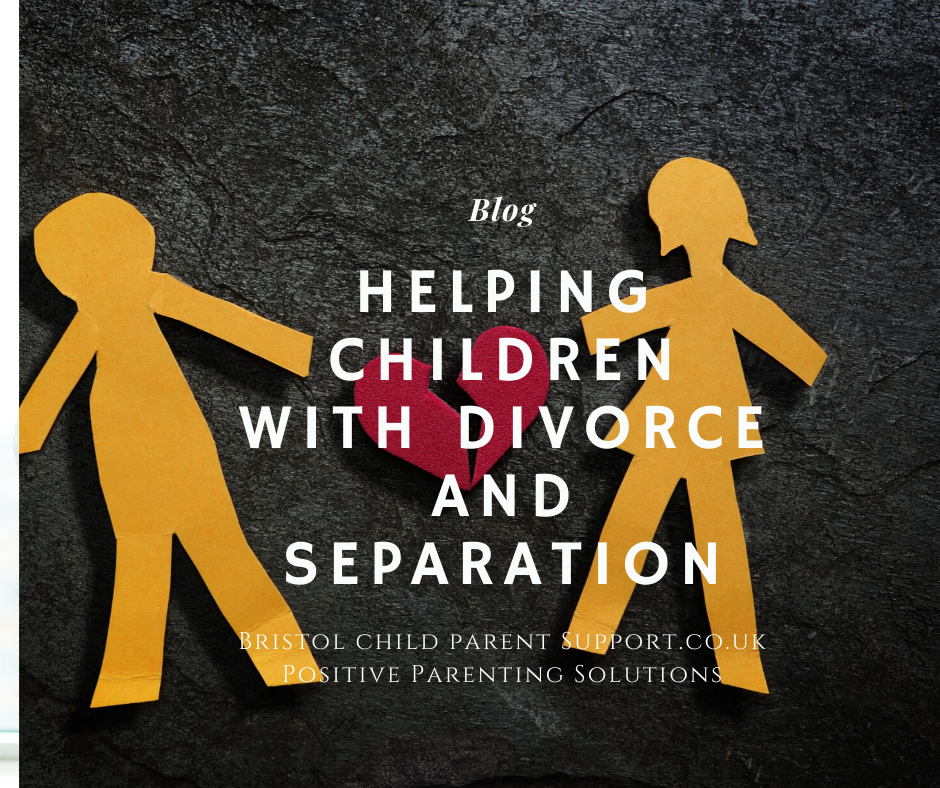
I work with many families who face the challenges of divorce and separation. Hence, whatever the causes or context, it is hard for everyone. It’s a normal adjustment reaction for a child to suffer from anxiety. There are many ways to help children through the process, and this blog will outline some simple steps to help you understand your child.
Why does separation/divorce threaten children’s attachments?
“So if dad left, will mummy go away too”?
For many children, the biggest fear they have in life is losing their parents. Therefore it is not surprising that divorce and separation may trigger your child’s worst fears. As a result, usual fears of abandonment and loss are exacerbated. Therefore, younger children fear their parents may abandon them, and older children worry that love may not be there when they need it.
What Impact does this have?
Whatever age, your child will have feelings regarding the separation. Feelings change and do not follow a linear process, which can confuse any parent.
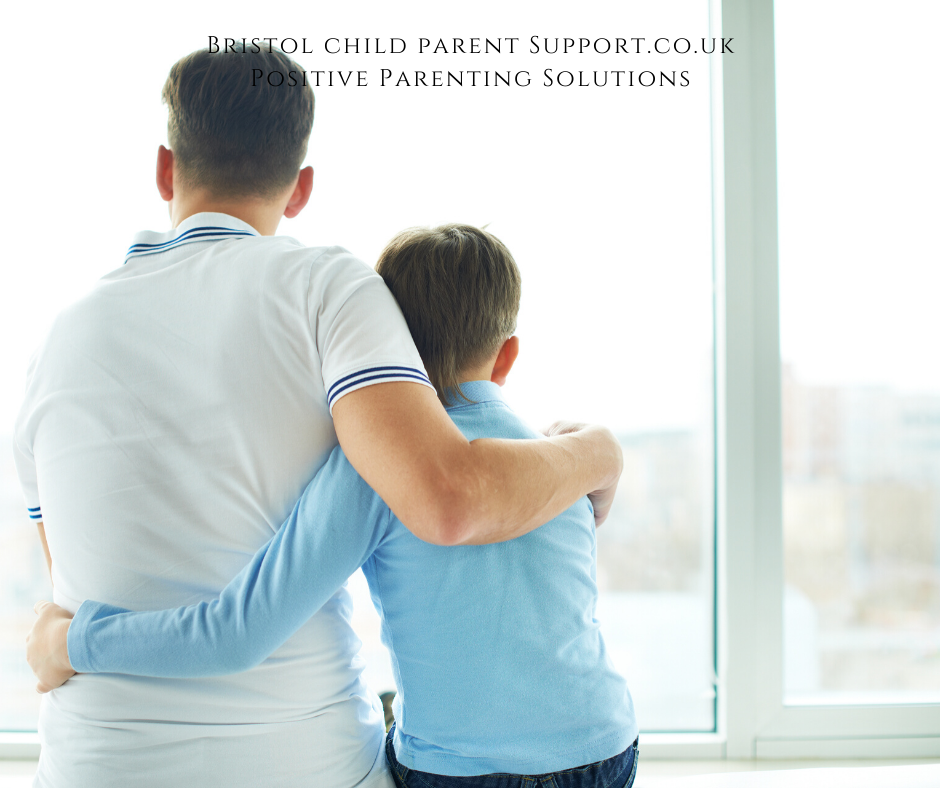
So, It’s important to anticipate that children will be anxious sometimes. Research shows that a regular adjustment to divorce is two years. Hence, it’s essential to be very patient.
Each child will express their feelings. This is often common between siblings and children of different developmental capacities.
Impact on Younger Children
Explanations of a divorce may need to be very simple and in a story or picture form. Concerning feelings, children do not have the developmental capacity to say/express what they might feel. As a result, it is shown in their behaviour. For example:
- Tummy aches
- Sleep problems
- School refusal
- Separation anxiety
- Anger and meltdowns
In older children, they may be:
- Angry and blaming the parent they reside with
- Exhibiting Isolating and withdrawal types of behaviour
- Showing Oppositional behaviour
- Increasing alcohol and drug consumption
- Developing anxiety and low moods
How stress affects day-to-day parenting
It is not surprising that any separation triggers your child. I’ve worked with parents whose children would be bound into a school or after-school club before the separation. Following it, they would cling to their mother at the school gates, needing to be pulled off.
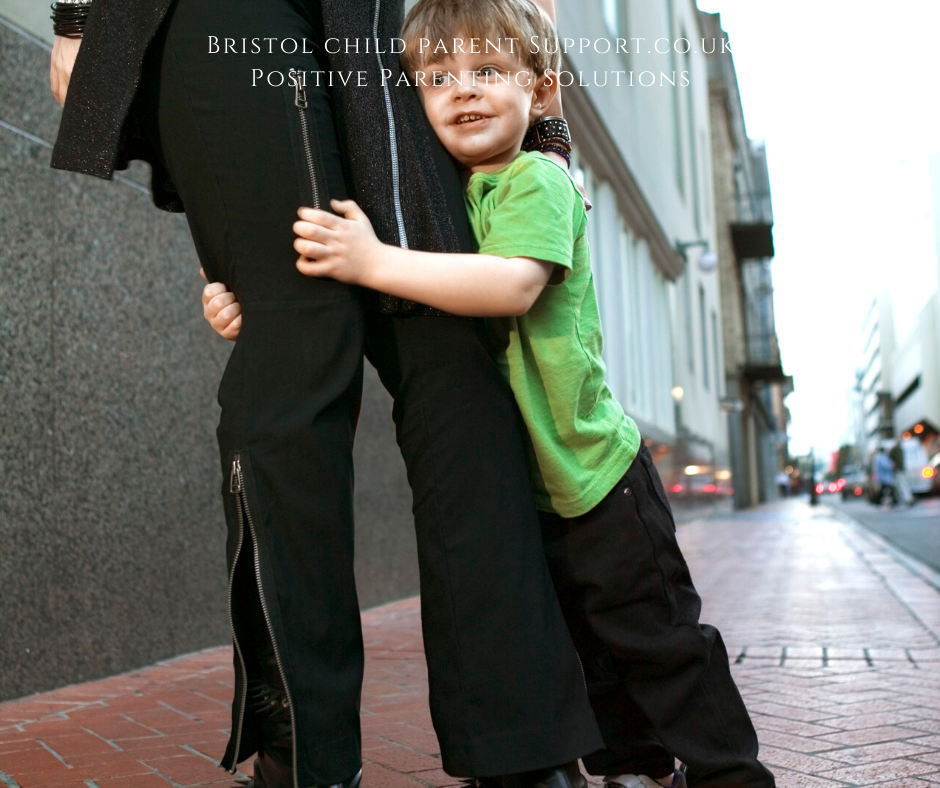
In addition, nighttimes are critical times with your child asks for unlimited drinks or wants you to lie down and sleep next to them. Furthermore, transitioning between the primary residence to the non-custodial parent and home is often a trigger time. Children often exhibit anxiety/distress just before they need to go and when they return.
I know it is tempting to respond with anger and frustration to these behaviours. Remember, it is far healthier for your child to express their distress openly. Active listening also plays a big part in ensuring your children understand what is happening. Being an active listener will demonstrate how valuable their opinion is to you. During these interactions, parents often do not know what to say; hence, here are several examples below:
Some simple phrases to say to the intense feelings
“Our love has not and will never change about you, parents and children never get a divorce. This is a special and different kind of love”.
“Many children whose parents are divorcing worry that we may not want to live with you sometimes,we will never leave you. Mum and I both love you and will always see you”.
“When parents separate/ divorce, many children suffer from worries, it’s called separation anxiety. Come and sit with me and tell me about your feelings…. I want to understand”.
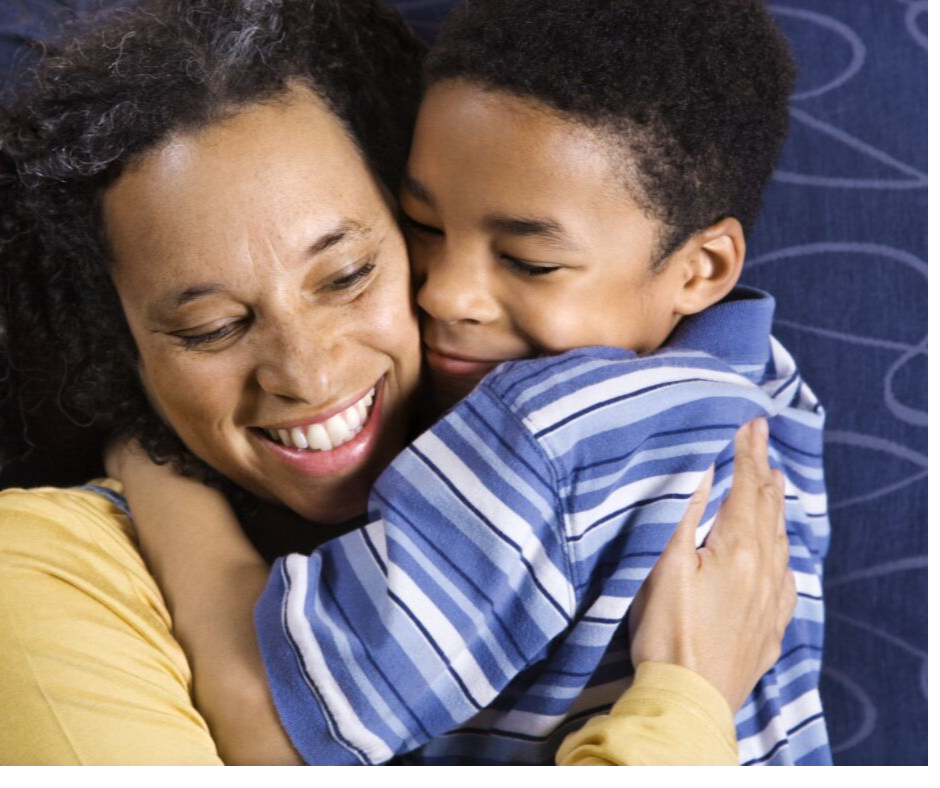
The “worry wobbler” is here and I can see why it’s hard to leave mummy/daddy but I know you are alright when you are with daddy/mummy. I will see you in two sleeps.
“I understand you are angry right now but it’s not your fault. We will always love you, our love for you will never change. I want you to know this always”.
Life is different right now. I know this stuff is hard, I am sorry, come here and I will give you a hug and then let’s talk.
You can talk to us. I/we are here for you. Any questions you have, don’t be afraid to ask.
Sometimes, children cannot talk if they are in a fight or flight response. You may need to wait until they calm down and pick it up later. I found car journeys were safe spaces to discuss feelings.
Factors that affect adjustment in children
Above all, children do not need to suffer the long-term consequences of divorce. They can prosper and manage well, just like other children. If you can validate and accept their feelings and remain on “cooperative” and “respectable” terms with your ex-partner, this will help your child. On the other hand, the factors below can impact a child’s long-term adjustment. For example:
- Being exposed to high and ongoing parental hostility and conflict
- Feeling pressured to take sides and choose between parents
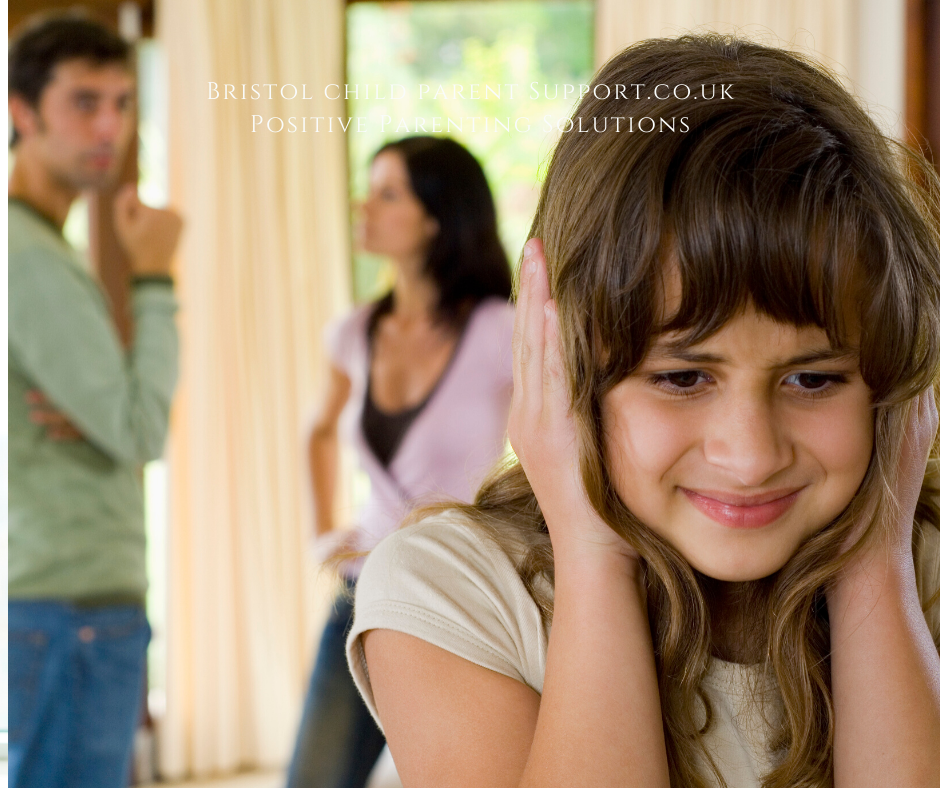
- Being drawn into an adult caretaking role to meet their parent’s emotional needs. Contact a therapist if you feel you are being pulled into this.
- Parents adopting a permissive parenting style ( letting guilt get in the way of implementing boundaries)
Thank you for reading this; please share. I applaud you for taking the time to reflect on the well-being of your children. I will write a bit more about this subject in my next blog. Contact me if you need further support. Several parents have contacted me on whether I would facilitate a workshop. Contact me if you are interested. With Love and Gratitude Catherine


